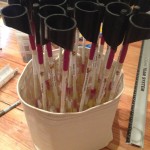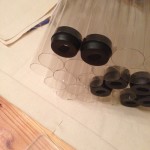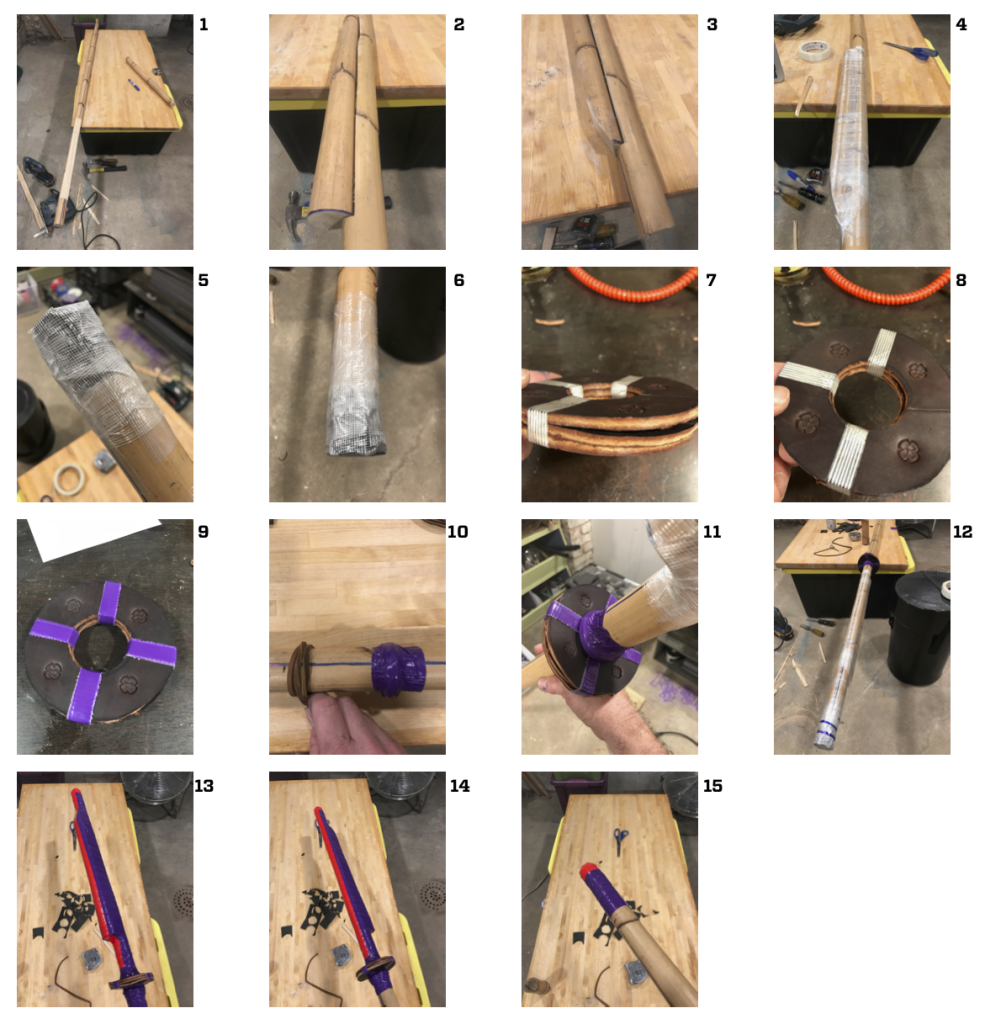So what’s the ‘Happs’ Man?
I get a lot of PMs mostly good, some negative. That’s all ok. I appreciate the perspectives. I would like to note one quote, “… my [arguments] with the fighters…”
I think it is important to stress here that my main issue is with the BoD. I have no quarrel with the ‘fighters’ or any other group. Speaking a truth or pointing out an injustice is not a declaration of war; it is an invitation for discussion.
That is not to say that some people who consider themselves ‘fighters’, have a beef with me. Let’s keep in mind what what my argument is now, and always has been: Allow Kingdoms a path to recognize those who are Peers in martial groups.
To the main Point
To clarify more recent posts and comments made by myself in reference to Pennsic. In general, people who are in ‘control’ of events and making rules for scenarios are included in the people I am regarding. Arbitrary restrictions and exclusions are not ok.
Take for example Pennsic. For as many years as I can remember, the field battles have excluded specific groups from playing in over 50% of the scenarios (minimum): Combat Archers and Siege Engineers. The issue is very simply that we are also fighters. The idea that we don’t meet some people’s definition of fighter is wholly irrelevant. It is ignorance and prejudice. We as a group pay the same dues, have the same restrictions, spend time mastering our skills, drive the same distances, on and on. So how is it these specific groups are excluded?
Said directly to me the morning of the field battle while acting as CAMiC: “We’re just not going to have combat archery this time”, the MiC
“I didn’t train for years to take the field and be killed immediately by an arrow.” Historically nobody did, but it was a reality. What it truly comes down to is two main things: bias, and scenario set up. I know fighters and marshals who take great strides to seek a more equitable field of battle that does NOT include sidelining specific people. To those people I greatly respect you. You are truly enlightened and understand what the game is about, and moreover are a good person in my estimation.
Who’s Field is This Anyway?
Simple answer, “It is not yours, it belongs to us all.” We as a Society all pays dues and choose our passions. We deserve and demand to be on that field, EVERY. TIME. POSSIBLE. So how did we get to a place where certain groups get to chose who can or cannot play? I’m not totally sure the answer is relevant, save a better understanding of our past so as to learn and grow. If it is safe for a combatant to take the field, make sure it happens. Pole-arm fighters have never had to show up and ask if they were going to get to take the field that day. ~nuff said
Bias
Whoever you are, get over yourselves.
Scenario Set Up
There are many things that can be done to make the game more equitable. Rules or suggestions can and have been made to groups and proficiencies. Speaking directly to CA however… Limit the number of arrows when a combatant takes the field. When they run out, they have to resupply at the line/res point (an idea from a person whom I won’t name without permission). There are others but you get the idea. The goal should be (assuming there is nothing on the line, like a War or something) to have fun. We should all strive to make it more fun and equitable for all of us, as best we can.
Worth noting, that if one side brought twenty archers and two engines and you didn’t, who’s failure is that? Not the archers or engineers! Your commanders and armies should have a complete army, you could be training together, learning from each other, advancing tactics, improving! Avail yourselves of every tool available to your army, and fix the gaps that exist, don’t sit people out or split them up under the guise of ‘fairness’. We archers and engineers are proud as well, we want to fight for our Kingdoms and Groups.
Wrapping Up
Because someone doesn’t respect or like a person or group is not an excuse to exclude them. It isn’t your game. If you can’t be an adult about it, perhaps this isn’t the hobby for you.
So am I ‘warring’ with ‘fighters’? Nope. There are some who take offense to my words but that says FAR more about them than it does me. Honor is not reserved only for those that hold a specific weapon. It is achievable, and held by us all regardless of ‘your’ opinion.
My beef is not with a group, it is with ego, indifference, and bias.



